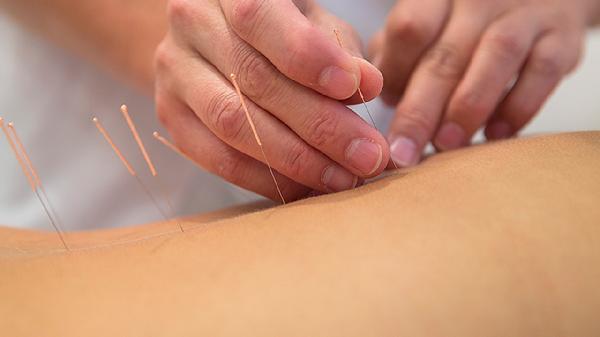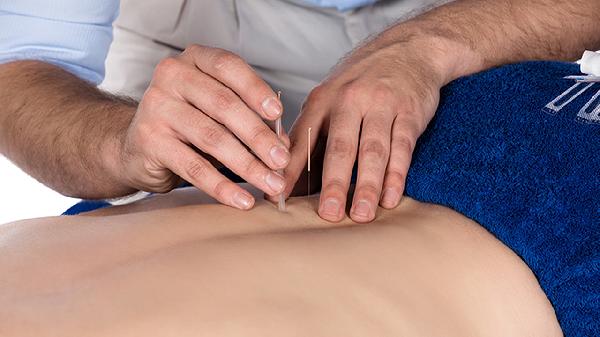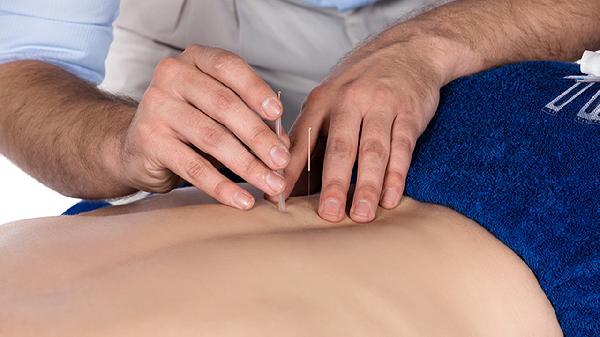Yes, acupuncture can effectively relieve pain associated with plantar fasciitis by reducing inflammation, improving blood flow, and promoting healing in the affected area. This ancient Chinese practice involves inserting thin needles into specific points on the body to stimulate natural healing processes. For individuals struggling with the persistent discomfort of plantar fasciitis, acupuncture offers a non-invasive and drug-free alternative to manage symptoms and support recovery.

How Acupuncture Works for Plantar Fasciitis
Acupuncture targets the root causes of plantar fasciitis, such as inflammation, tightness in the plantar fascia, and poor circulation. By inserting needles into strategic points, it stimulates the nervous system to release endorphins, the body’s natural painkillers. Additionally, it enhances blood flow to the heel and arch, delivering essential nutrients and oxygen to the damaged tissue. This process not only alleviates pain but also accelerates the healing of the plantar fascia.
Key Acupuncture Points for Plantar Fasciitis
Practitioners often focus on specific acupuncture points to address plantar fasciitis. These include points on the foot, ankle, and lower leg, such as Kidney 3 (KI3) and Bladder 60 (BL60), which are known to relieve heel pain and improve energy flow. Other points, like Spleen 6 (SP6) and Stomach 36 (ST36), help reduce inflammation and strengthen the muscles and tendons supporting the foot. A trained acupuncturist will tailor the treatment to your unique symptoms and needs.
Benefits of Acupuncture for Plantar Fasciitis
One of the primary benefits of acupuncture is its ability to provide immediate and long-term pain relief. Many patients report a significant reduction in discomfort after just a few sessions. Unlike medications, which may have side effects, acupuncture is a natural and holistic approach. It also addresses underlying imbalances in the body, such as stress or poor posture, which can contribute to plantar fasciitis. By promoting overall wellness, acupuncture helps prevent future flare-ups.
What to Expect During an Acupuncture Session
During your first acupuncture session, the practitioner will conduct a thorough assessment of your symptoms, medical history, and lifestyle. They will then insert sterile, hair-thin needles into the designated points, which may cause a slight tingling or warmth but is generally painless. The needles remain in place for 15 to 30 minutes while you relax. Most patients find the experience calming and rejuvenating. For optimal results, multiple sessions are usually recommended.
Combining Acupuncture with Other Treatments
While acupuncture can be highly effective on its own, combining it with other treatments can enhance its benefits. Stretching exercises, physical therapy, and orthotic devices can complement acupuncture by addressing structural issues in the foot. Additionally, lifestyle changes such as wearing supportive footwear, maintaining a healthy weight, and avoiding activities that strain the plantar fascia can further support recovery. Your acupuncturist may also recommend herbal remedies or dietary adjustments to strengthen the body’s healing response.
Scientific Evidence Supporting Acupuncture
Numerous studies have demonstrated the efficacy of acupuncture for plantar fasciitis. Research published in the Journal of Acupuncture and Meridian Studies found that acupuncture significantly reduced pain and improved function in patients with chronic plantar fasciitis. Another study in the Journal of Pain Research highlighted its ability to modulate inflammation and promote tissue repair. These findings underscore acupuncture’s role as a viable treatment option for this condition.
Is Acupuncture Safe for Plantar Fasciitis?
Acupuncture is generally safe when performed by a licensed and experienced practitioner. The needles used are sterile and disposable, minimizing the risk of infection. Some individuals may experience mild side effects, such as bruising or soreness at the needle sites, but these are typically short-lived. It’s important to communicate openly with your acupuncturist about any concerns or medical conditions to ensure a safe and effective treatment.
Tips for Choosing an Acupuncturist
When seeking acupuncture for plantar fasciitis, it’s essential to choose a qualified practitioner. Look for someone who is licensed, certified, and has experience treating musculoskeletal conditions. Reading reviews and asking for recommendations can help you find a reputable professional. During your initial consultation, discuss your symptoms, treatment goals, and any questions you may have to ensure a positive experience.
Conclusion: Embracing Holistic Healing for Plantar Fasciitis
Plantar fasciitis can be a debilitating condition, but acupuncture offers a promising solution for pain relief and recovery. By addressing the underlying causes of inflammation and promoting natural healing, this ancient practice can help you regain comfort and mobility. Whether used alone or in combination with other therapies, acupuncture empowers you to take control of your health and well-being. If you’re considering acupuncture, consult a trusted practitioner to explore how this holistic approach can support your journey to healing. Remember, your health is your greatest asset, and investing in it is always worthwhile.























